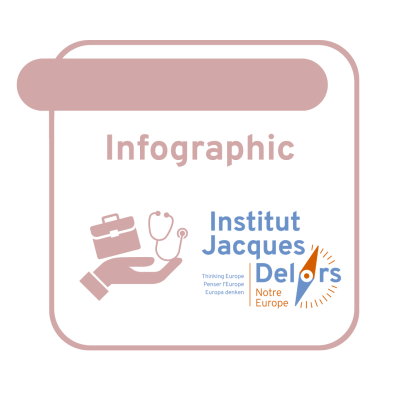Extending Erasmus: a new impetus for youth mobility in Europe

30 years after it was launched by the European Commission led by President Jacques Delors in June 1987, the “Erasmus” programme has become one of the most emblematic “brands” of the EU, a legacy that deserves to flourish giving a new impetus to youth mobility in Europe. While many technical and statistical assessments have already been carried out to evaluate Erasmus’ impact on the employability of its beneficiaries or their open-mindedness about European citizenship, it might be worthwhile, on the occasion of the programme’s 30th anniversary, to put into historical perspective its political repercussions and to outline its future.
This policy paper by Yves Bertoncini, our director, and Sofia Fernandes, senior research fellow at the Jacques Delors Institute, presents an overview of the quantitative and qualitative evolution of the Erasmus programme over the last three decades. Secondly, we will highlight the success of the “Erasmus spirit”, which is reflected in the Europeanisation of university courses and the development of non-academic mobility, an indispensable component to diversifying the profile of beneficiaries of the EU’s mobility programmes.
- 3244 pioneers received Erasmus grants in 19971998. Today almost 300000 young academics benefit every year. Erasmus has expanded considerably since 1987 and has paved the way for the creation of other mobility programmes aimed at pupils in secondary education, those in vocational education and training, volunteers, etc. In 2014, all these European mobility programmes were brought together within the framework of a new “”Erasmus+” programme.
- Erasmus should be perceived and promoted as part of a broader Europeanisation of academic curricula, which is increasingly reflected in the possibility of pursuing all of one’s education and training in another EU country (rather than in “exchanges”). Currently, 10 % of European graduates have a study period abroad.
- Further efforts are needed as member states have set themselves the target of 20 % of tertiary graduates completing part of their studies abroad by 2020.
- It is also necessary to ensure qualitative improvements, in particular in terms of the target audience. Only 1% of European apprentices (for a target of 6% by 2020) are currently opting for a stay abroad during their training.
- Last but not least, encouraging young people’s mobility in Europe must be achieved through increased support for experiences outside the formal education system, which may be more attractive to their potential beneficiaries, not least because they are less “constraining” than a study period in another EU country.





